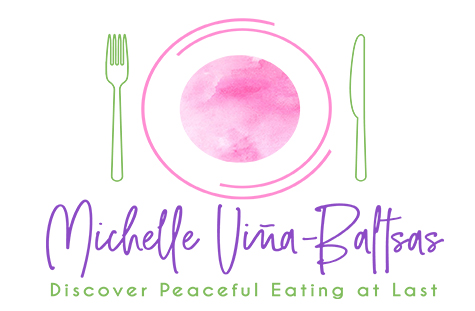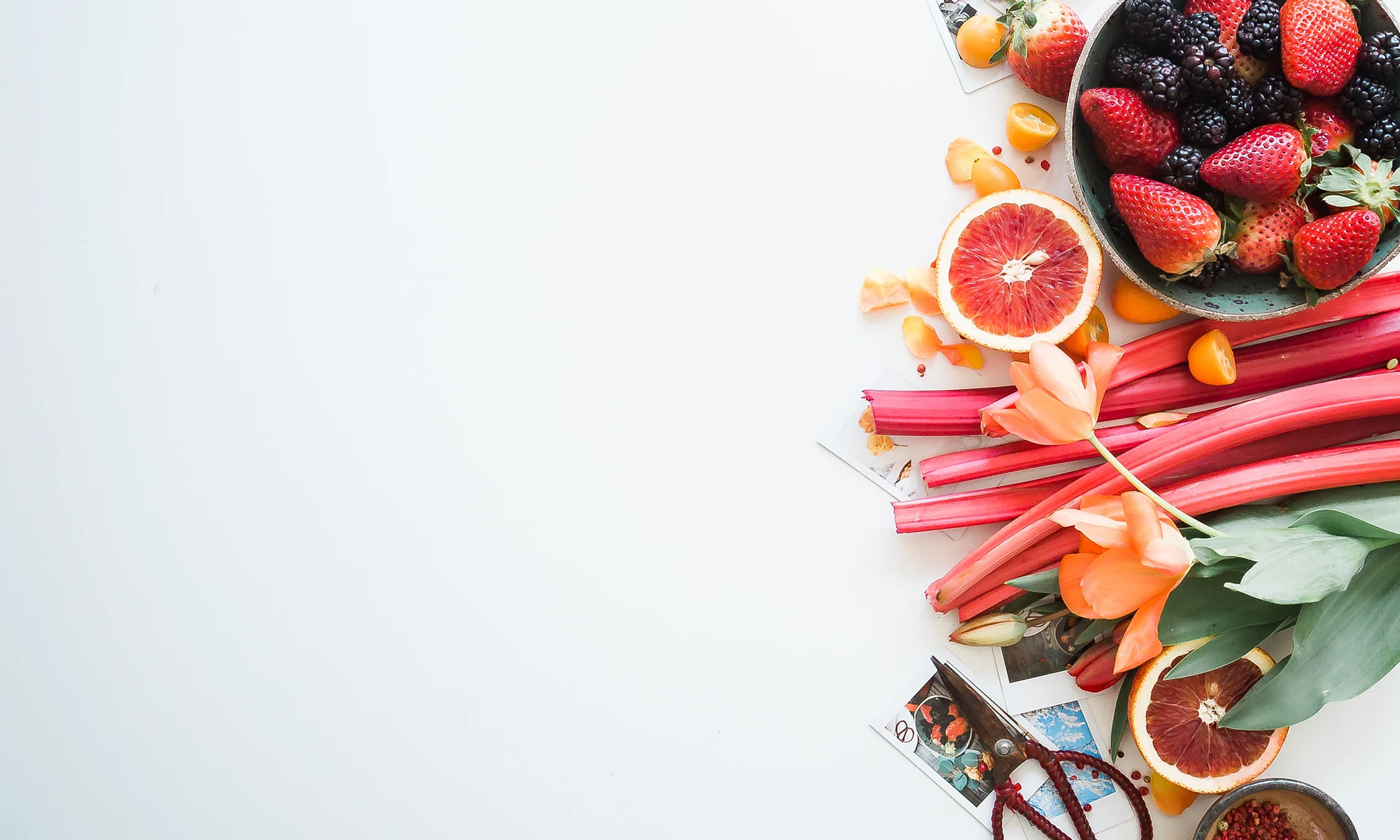I've seen sh*t everywhere about eating and weight gain due to this crisis. Memes about eating X instead of Y to avoid weight gain. Or fear mongering about eating "too" much sugar... blah, blah, etc. In addition, many are worried that they’re eating to comfort themselves (aka “emotionally” eating) too often. Others are out of sorts because they cannot go to their gym to workout. I also understand that some may want to try to control their food because that's all they feel they can control during this pandemic. Please know that I understand and appreciate all of these fears. While these fears are expected because the world is obsessed with weight and staying "in shape", it doesn't help anyone, especially those recovering from disordered eating or from an eating disorder.
While these messages are sometimes meant to be funny or "helpful", they could be hindering your recovery in the following ways:
1) They reinforce the belief that weight gain and fat are bad which perpetuates fatphobia and weight stigma.
2) They reinforce the diet culture message that our value, attractiveness and health are tied to our weight which isn't true.
3) They reinforce that there is a "right" way to grieve which doesn't allow us the grace and space to go inward to discern what our individual needs are.
Please allow yourself the space you need to get through this crisis without ruminating on the fears of weight gain because the gym is closed or because you're cooped up inside eating more "comfort" foods than you're comfortable with.
We're all in a "do what you gotta do" mode and we needn't feel ashamed or embarrassed about it, ever. There is nothing wrong with finding comfort in eating, lying around being "unproductive", crying or anything else you may need to be doing right now. In terms of your food and body image are concerned, whatever you're choosing is okay and there needn't be any judgment around it. We need to remember that while we don’t know exactly when this will end, we do know that it won’t last forever.
Our jobs right now are to:
Follow the safety and CDC guidelines in our respective areas
Be kind and compassionate to ourselves and others
Have intense gratitude that we're alive
Find opportunities and/or use our gifts in the midst of the rubble to help ourselves and others get through this safely
That is the only way the world is going to heal from this.
Now more than ever, we need to keep trusting and listening to our bodies because they are in shock and need us to care for them. We need to trust that whatever we're doing is what we need to do to survive this.
If this is you...
If you're struggling and are noticing you're counting carbs, points, compulsively exercising, or restricting in any other way, I urge you to be curious instead of judgmental. If you know it's not what you want to do but you don't have the proper support in place to change your behavior, please schedule a connection call with me. We can schedule a private session(s) to talk through it and get you back on track with your intuitive eating practice. We can even schedule a meal support session if you're feeling shaky eating on your own.
When things settle down, and they will eventually, we'll all get back to our lives and be so proud that we allowed ourselves to do whatever was necessary to thrive during this unprecedented time in all of our lives.
Before you go…I'm cooking up something great to help support my followers who are struggling with food, body image and catastrophic thinking during this crisis. Please respond to a short 3-question survey so I know what you need. I will have more information including payment details and expected outcomes for you asap!







